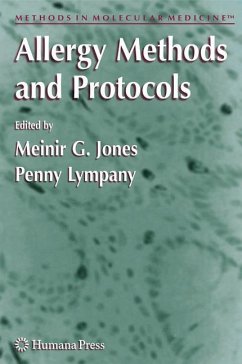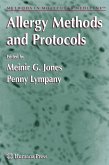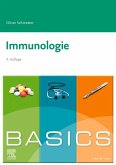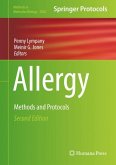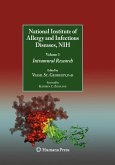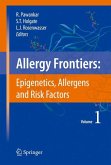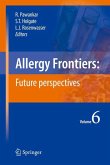In recent years, allergy research has focused on the causes and mechanisms of allergy. In parallel, there is also an impetus to try to understand mechanisms of natural tolerance and immunotherapy where allergy is being dampened. In Allergy: Methods and Protocols a groundbreaking new title from the Methods in Molecular Medicine series, leaders in the field provide assistance for researchers to gain insight into the molecular mechanisms involved in allergy by featuring an array of protocols. These cover a range of disciplines including allergy, immunology, cell biology and histology and include methods to investigate the cellular response to allergens, cytokine profile, MHC restriction, T regulatory cells. Techniques discussed include; B and T cell epitope mapping, characterization of allergens, conjugation of haptens, preparation of monoclonal antibodies, collection and sampling of airborne allergens, IgG antibodies and facilitated antigen blocking assays, identification and purification of mast cells and in situ hybridisation. Allergy: Methods and Protocols will be a remarkably useful bench tool for anyone embarking in or continuing with their research in allergy.
From the reviews: "The purpose is to provide a comprehensive and readily accessible guide to techniques used in the investigation of allergic diseases. ... Students embarking on an investigative career in allergy and immunology will find this book particularly useful. ... would find a ready place in most laboratories where postgraduate students are working. ... It can be highly recommended to researchers who are starting out, and to those who would like an authoritative and succinct background to their work." (Ronald S. Walls, Doody's Review Service, October, 2008)

